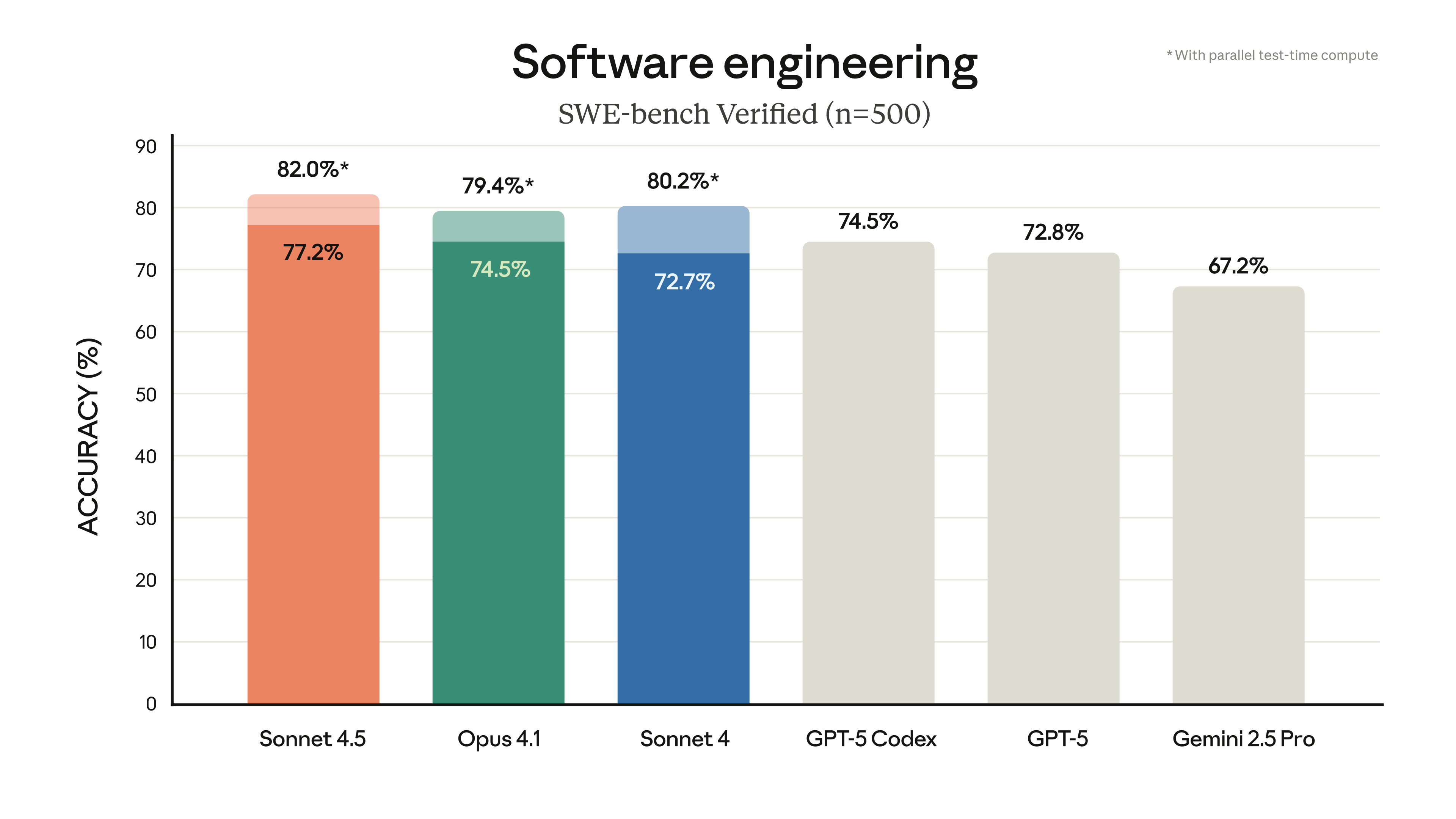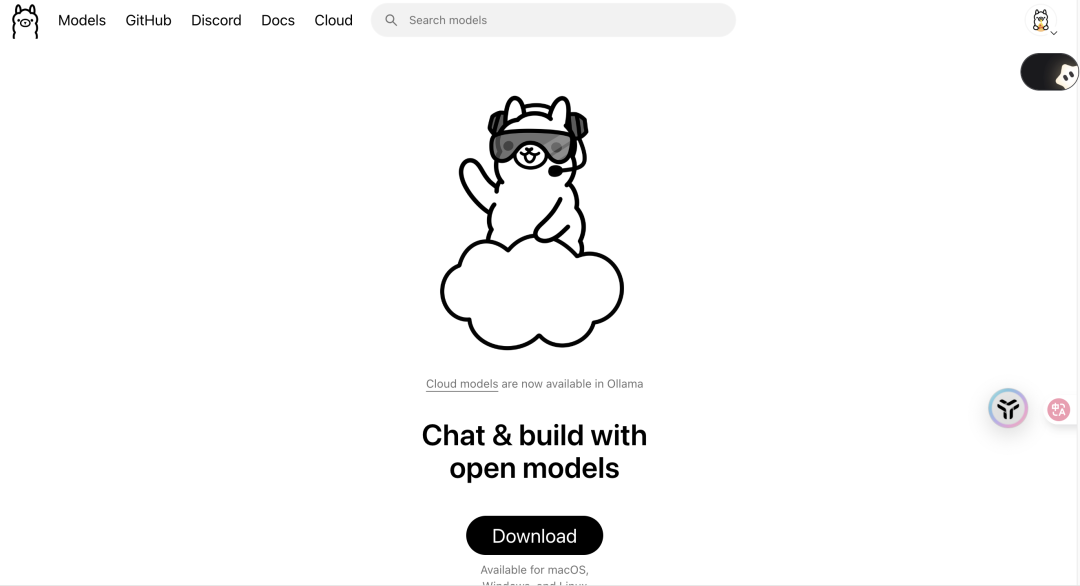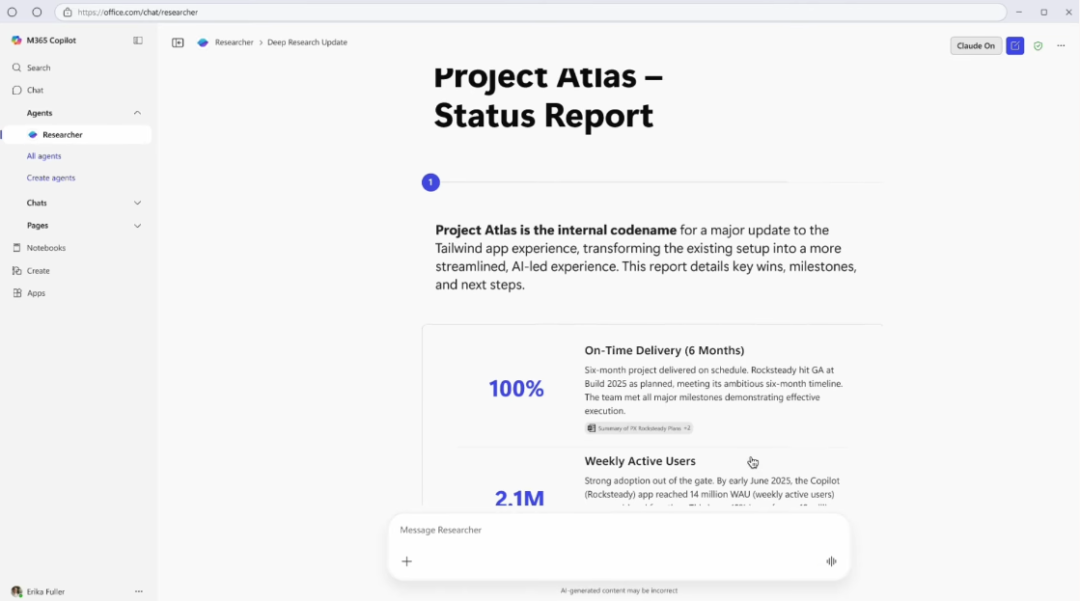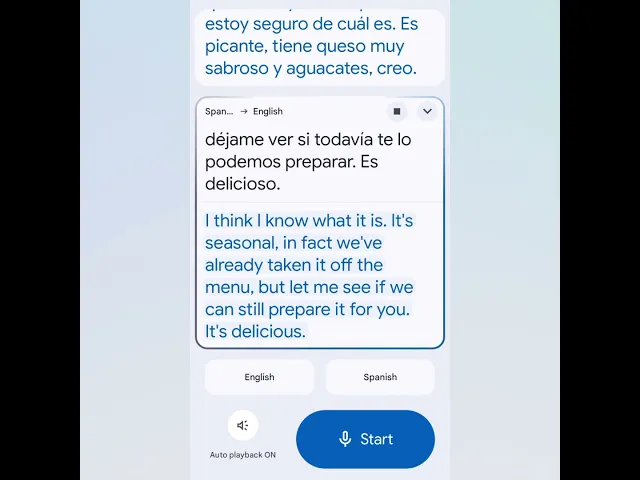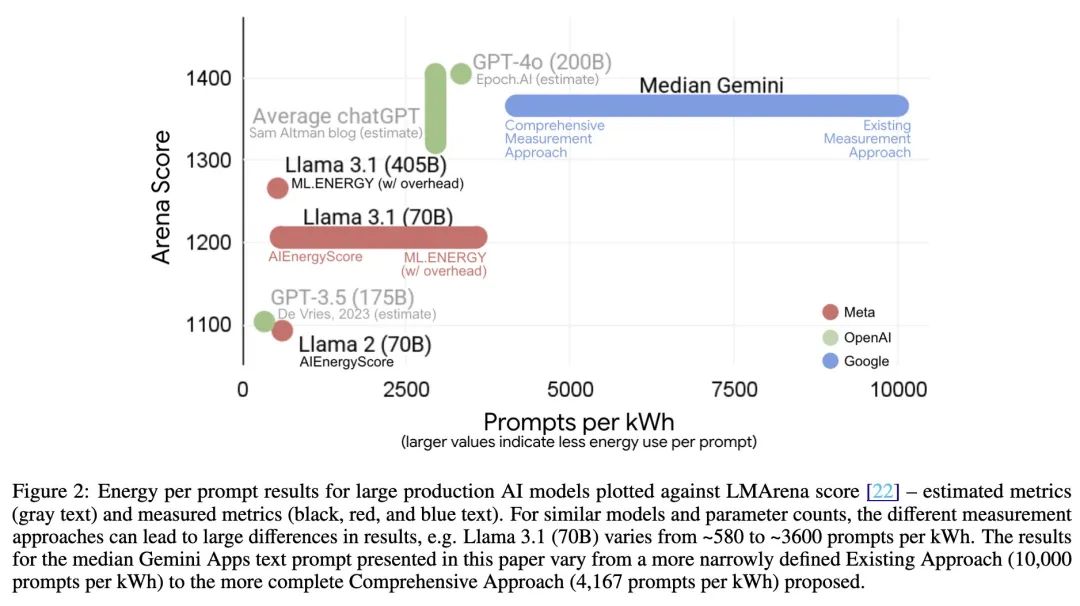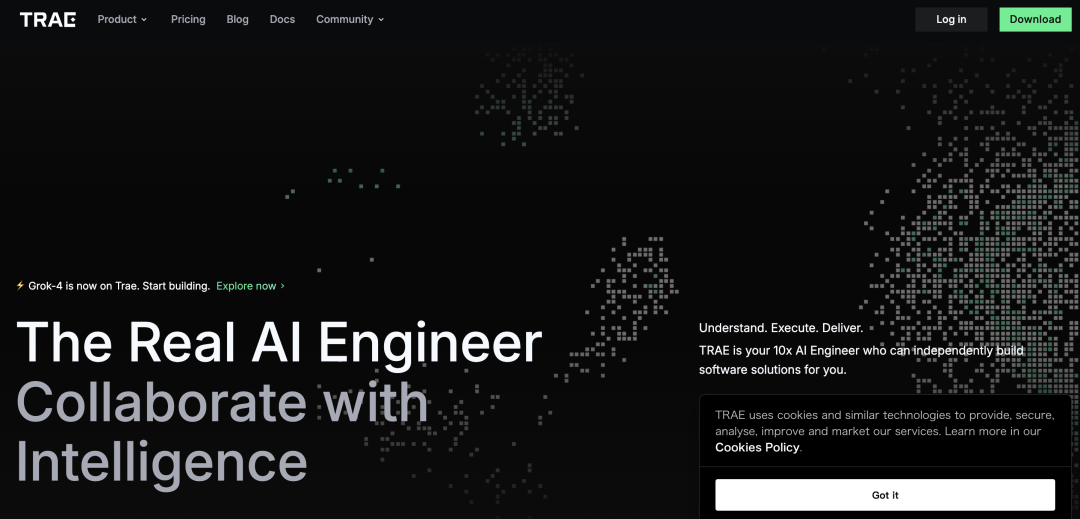
Recently, Byte Jump's counterpart Cursor 的 AI Programming Tools Trae IDE, has sparked a heated debate in the developer community over its data collection practices. A report posted on GitHub The technical analysis report on alleges that even if the user explicitly turns off telemetry in the settings (Telemetry) function.Trae IDE Still uploads data to ByteHop's servers at high frequency.
Allegations from developers: out-of-control telemetry and "backdoors"
According to a developer's test report, theTrae About 500 network requests were initiated in just 7 minutes of operation, uploading data as high as 26MB. These data are sent uniformly to byteoversea.com domain name, which allegedly contains the user's hardware configuration, operating system information, unique device and user ID, project file paths, and even potentially sensitive information such as keyboard and mouse operation logs.
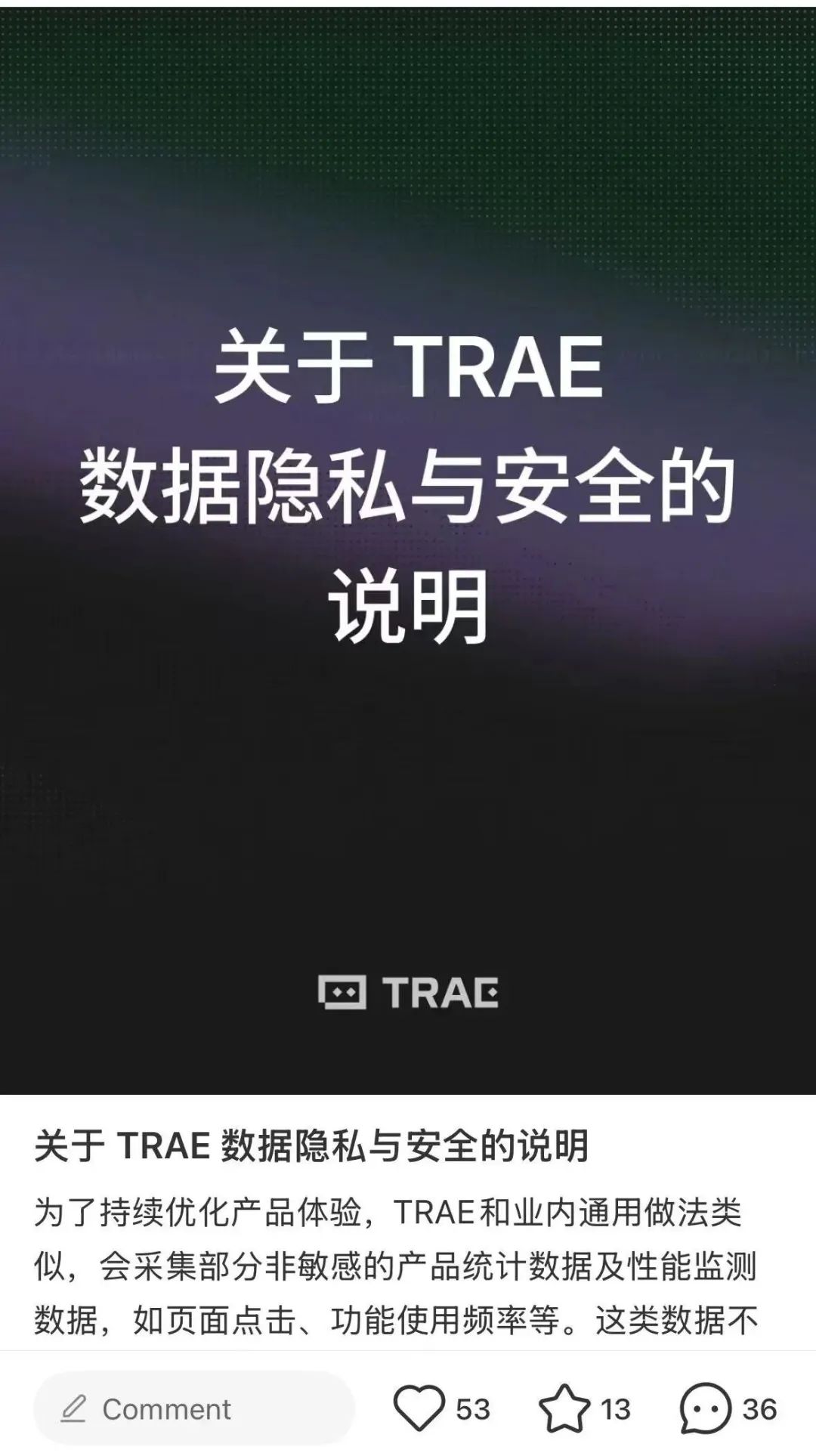
The report further states.Trae The telemetry behavior doesn't seem to be able to be truly turned off by the user. When the user turns off the settings from the VS Code Data transmission does not stop after the inherited telemetry switch, which makes the so-called "off" option useless.
Even more worrisome is the report's use of the phrase "backdoor capabilities", alleging that Trae Certain features can be enabled or disabled remotely by the server without the user's knowledge, dynamically adjusting the IDE of the behavioral logic. This mechanism, while it can be used to quickly fix a problem or to perform a A/B testing, but it also technically opens the door to potential abuse.

In addition.Trae The performance of the performance has also been questioned. Tests show that its memory footprint is VSCode more than five times, if not several times, that of its main competitor CursorThis is a bit counterproductive for a development tool designed to improve efficiency.
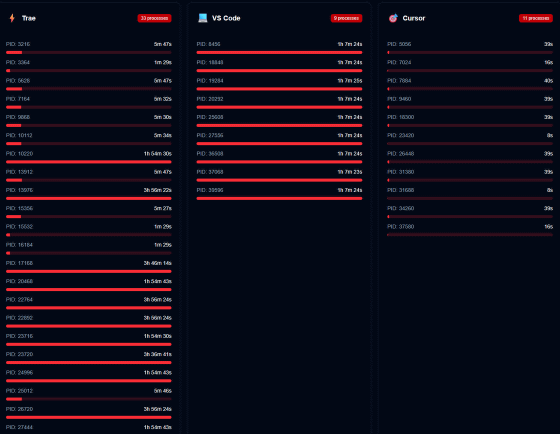
ByteHopper's response: 'Misunderstanding' or selective transparency?
In the face of community skepticism, ByteDance's official response said that the data collection follows the industry's common practice, is mainly used for product statistics and performance monitoring, and has been explained in the privacy agreement. The official stressed that the data collected does not involve private information such as users' personal identity or code, and is intended to optimize the product.
The official explanation for the "malfunctioning" telemetry switch is that the user has turned off only the Trae based on VS Code Native telemetry module for open source frameworks.Trae The telemetry mechanism of its own function is not controlled by this switch. Officials acknowledge that this design may have led to user misunderstanding and promise to optimize the interface as soon as possible to avoid confusion.
Analysis: Transparency is the only cornerstone of trust
In software development, telemetry is a common technical tool used to collect product usage data, monitor performance and detect errors. The key to it is transparency and user control during implementation. Best practices in the industry generally require that developers clearly inform users what data is being collected and why, and provide real and effective opt-out options.
In this regard.Trae major competitor Cursor A worthy example is provided.Cursor The "Privacy Mode" is explicitly provided, and once it is turned on, the official promise is that no code snippets will be stored, giving the user a clear choice.
Byte Jump will Trae Self Telemetry vs. VS Code The telemetry decoupling design may be technically logical, but it is questionable in terms of product ethics. If a function switch cannot control the function it ostensibly promises to control, it is hard not to be seen by users as selectively transparent or even misleading. Blaming a user's "misinterpretation" rather than a flaw in the product's design is an unconvincing explanation in the privacy-conscious developer community.
For a product that aims to be a daily dependency for developers AI For programming tools, trust is the cornerstone of their widespread acceptance. The core of this controversy is no longer whether telemetry itself is necessary, but whether the product design respects the user's right to know and right to choose. What ByteDance needs to do may not just be optimizing an interface switch, but also rethinking how to build a truly strong relationship of trust with developers while pursuing rapid product iteration.



